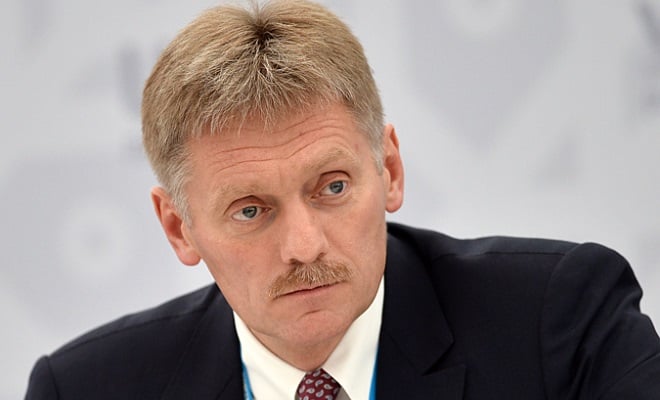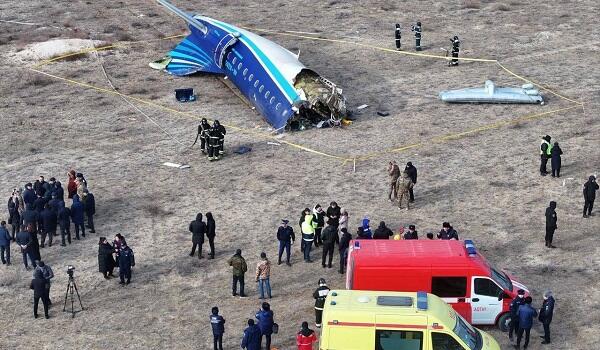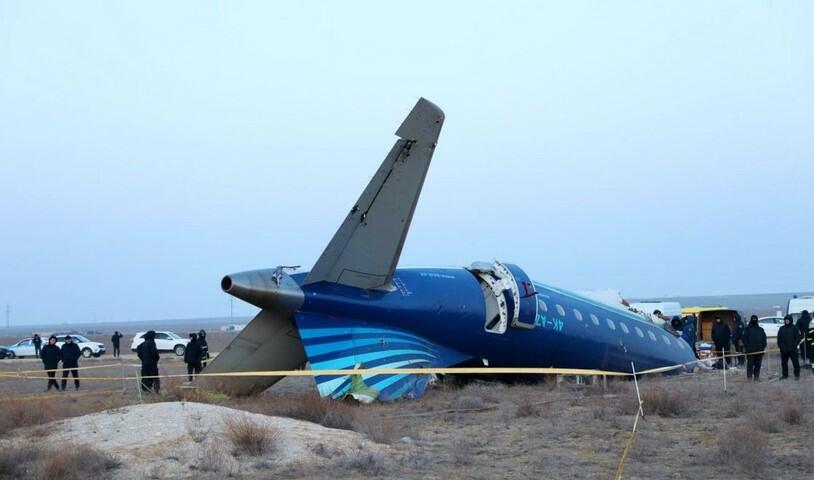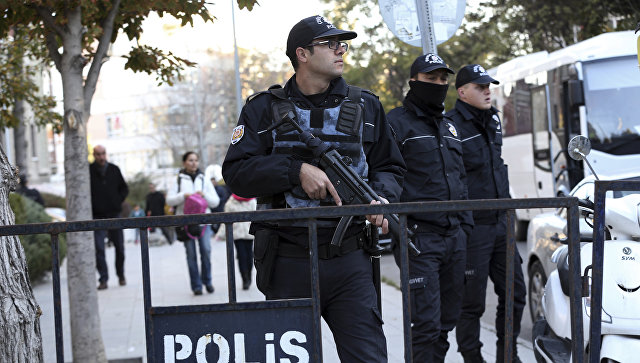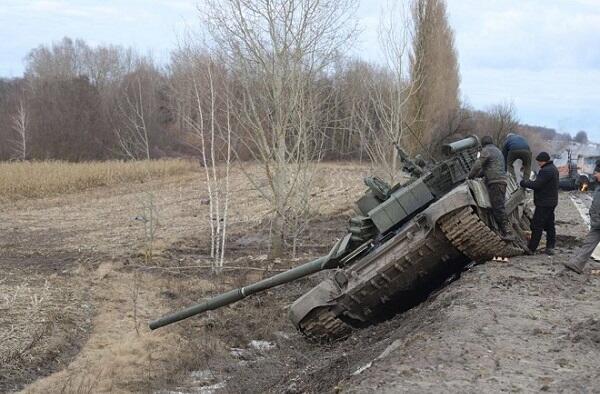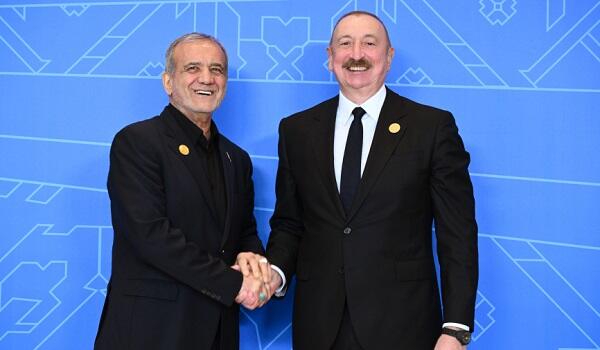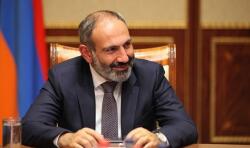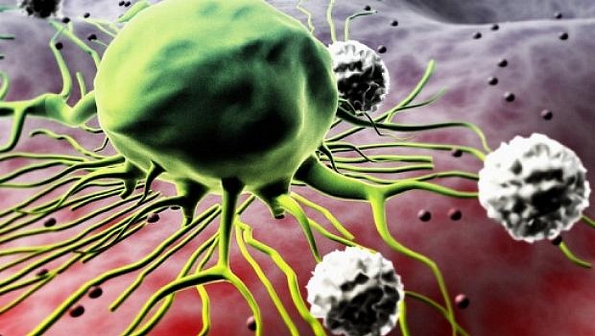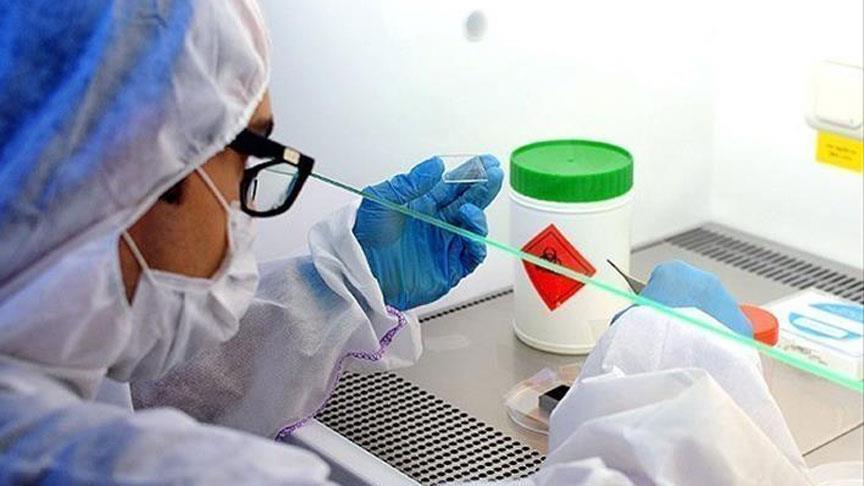A new study has shown that in some cases the therapy can lead to a complete regression of the deadly disease.
Axar.az informs citing Science Alert.
Three patients with advanced forms of cancer were cured at the National Cancer Institute thanks to an experimental adoptive therapy, during which their tumors were defeated by their own immune cells, according to Science Alert.
One of the patients had advanced breast cancer, while two others were suffering from deadly liver cancer and colon cancer, respectively.
The institute's team led by Steven Rosenberg, who is widely known as "father of the cancer immune therapy," based their new method on a modified form of adoptive cells transfer.
Researchers analyzed the genomes of the patients' tumors to find mutations, and then examined immune cells (TILs) taken from the patient to find out which of them might recognize the defects.
The TILs were then expanded in the laboratory, and injected back into the patients, where they attacked the tumors.
"We've developed a high-throughput method to identify mutations present in a cancer that are recognized by the immune system," Dr. Rosenberg said, commenting on his new research.
"This research is experimental right now. But because this new approach to immunotherapy is dependent on mutations, not on cancer type, it is in a sense a blueprint we can use for the treatment of many types of cancer," he added.
The treatment led to a complete regression of the cancer in the three patients and its disappearance, with their condition remaining stable more than 22 months later.
However, the research is still in the experimental stage, as it has not lead to any positive response in other participants of the test.




